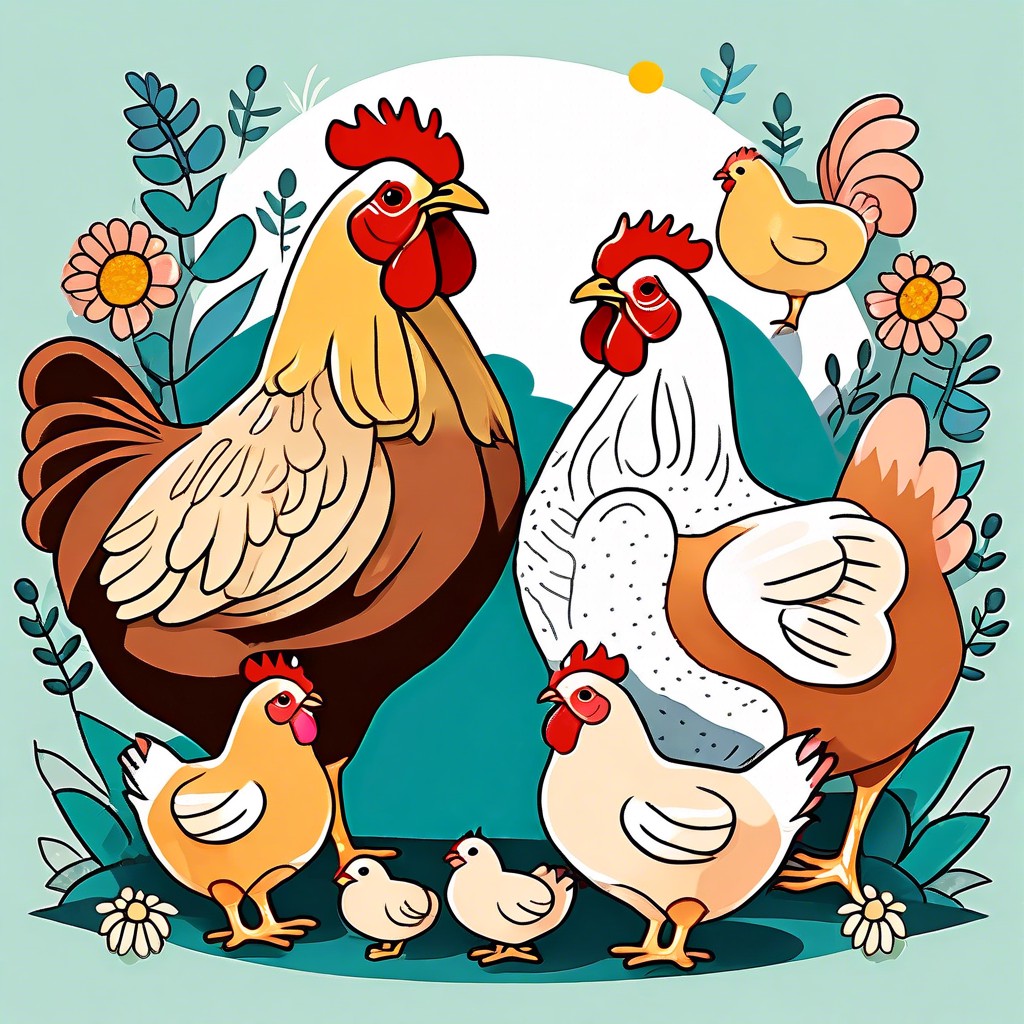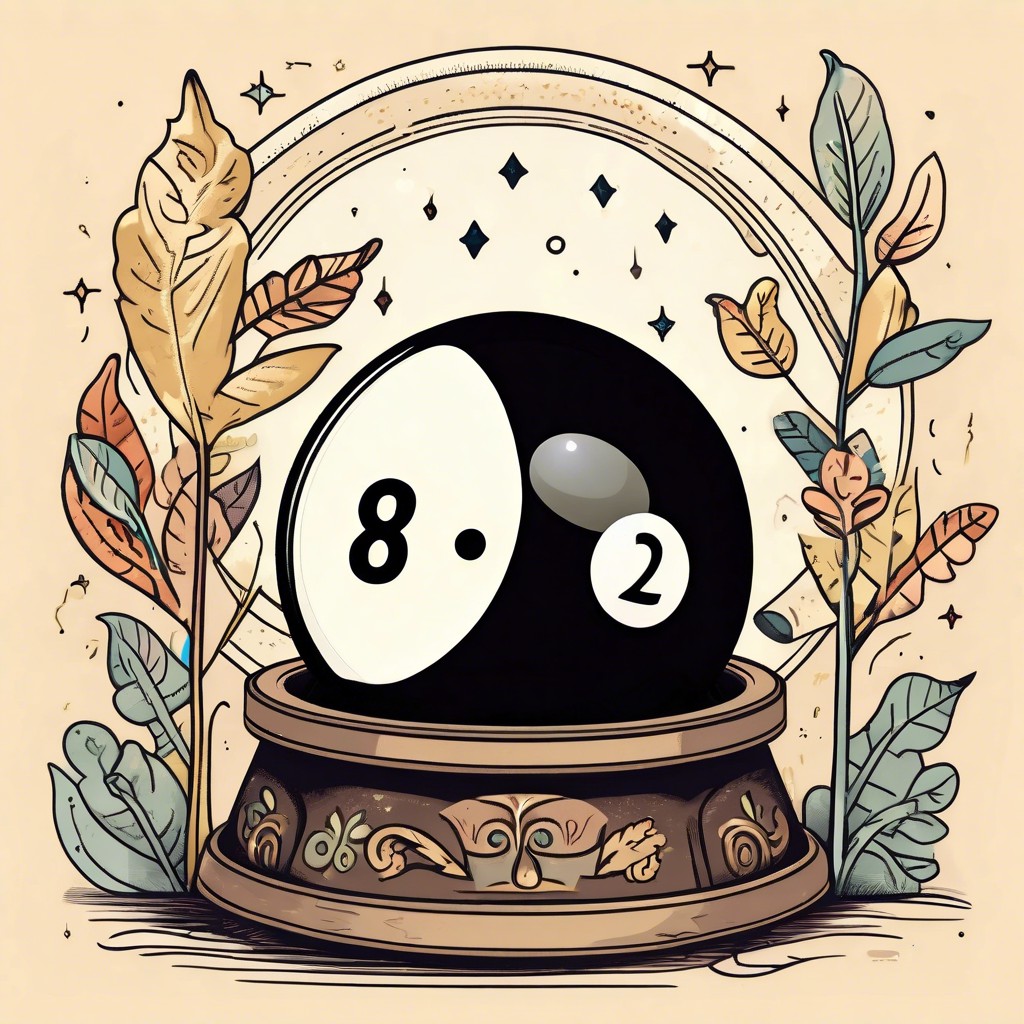Discover a handy list of respectful responses to “Jazakallah Khair.
So, someone just told you “Jazakallah Khair” and now you’re stuck figuring out the perfect reply? Fear not—your quest for a fitting response ends here! From Wa iyyak to Dhakallahu khair, we’ve got every phrase in the book to make you sound like a conversational wizard. Stick around for the full scoop!
Key takeaways:
- Wa Iyyak: Reciprocate kindness with brevity and goodwill.
- Barakallahu Feek: Shower blessings and positive vibes back.
- Ameen: Offer agreement or support to heartfelt sentiments.
- Alhamdulillah: Express gratitude, build bonds, uplift spirits daily.
- Shukran: Spread mutual appreciation, universal linguistic high-five.
Wa Iyyak

Let’s dive in with a simple, warm response: “Wa iyyak.” This Arabic phrase means “And to you too.” It’s the conversational equivalent of passing the gratitude baton back to the other person.
Here’s why it’s a winner:
- It’s reciprocal. You’re not just accepting thanks, you’re returning it.
- It’s short and sweet. No need for a lengthy response.
- It maintains the spirit of goodwill.
“Wa iyyak” is easy to remember and versatile. So, next time someone says “Jazakallah khair,” you’ve got a friendly response ready to go!
Barakallahu Feek
Feeling especially generous, huh? When you respond with this phrase, you’re essentially saying, “May the blessings of Allah be upon you.” It’s like sprinkling a little bit of divine fairy dust on someone’s day. Here’s why it’s a solid choice:
- It acknowledges the kindness shown.
- It invokes blessings, which everyone could use a bit more of.
- It keeps the positive vibes flowing, helping build a circle of good will.
Picture it as a spiritual high-five. It’s sweet, succinct, and spreads good mojo. So, next time someone wishes you well, go ahead and sprinkle some blessings right back!
Ameen
Think of it as a verbal “thumbs up.” When someone says something heartfelt, prayerful, or hopeful, you respond with this term to show your agreement. It’s like saying, “I’m on board with that!”
It’s a way to participate in someone’s prayer or goodwill wish without having to come up with a whole speech. It’s quick, straightforward, and meaningful.
It’s not just limited to prayers; it can be used whenever someone wishes you well or expresses a noble sentiment. It wraps a nice little bow on the conversation, signaling mutual understanding and shared positivity.
Honestly, it’s social currency in many Islamic interactions. You say it with sincerity and boom, everyone’s happy!
Alhamdulillah
A versatile gem in the response toolkit, it’s like the Swiss Army knife of Islamic expressions. Here’s what makes it top-tier:
- Expresses Gratitude: Shows you’re appreciative of Allah’s blessings. Not just a thank you, but a supernatural thank you.
- Reinforces Faith: Reminds everyone that all good comes from Allah. Spiritual brownie points!
- Elevates Mood: It’s like a verbal hug. Saying it often can actually uplift your spirits.
- Builds Bonds: Saying it in response bonds people through shared faith and positivity.
So, sprinkle it in your responses and watch the barakah flow.
Shukran
Ah, the classic “thank you.” Shukran is the Arabic equivalent to expressing gratitude. It’s like giving someone a verbal high-five. Here’s the scoop:
- Versatile: Works for any kind gesture, whether you received a cookie or a camel. Effortlessly fits into numerous interactions.
- Universal: Understood across various dialects, making it a linguistic Swiss Army knife in the Arab-speaking world.
- Gateway to smiles: It’s amazing how a small word can light up someone’s face faster than a cat video.
So, sprinkle some “shukran” around and bask in the joy of mutual appreciation. Your day just got a bit more delicious!
Allah Yubarik Feek
This phrase translates to “May Allah bless you.” It’s a beautiful, thoughtful response that carries a heartfelt wish. When someone helps you out or brings a smile to your day, this response is like sending a blessing their way.
Imagine sprinkling a bit of divine glitter over them – it’s that feel-good.
- Let’s break it down:
- You’re invoking a blessing: You’re asking for Allah’s favor upon the person.
- It’s personal: You’re not just saying thank you; you’re wishing something nice directly for them.
- It’s faith-infused: Shows your gratitude steeped in faith and kindness.
Use it generously. It’s a simple, yet profound way to show appreciation and build bonds.
Jazakallahu Khairan Kathira
A common, yet deeply appreciated response, emphasizes the sender’s gratitude. It translates to “May Allah reward you with much goodness.” This phrase isn’t just lip service; it’s a heartfelt prayer wishing someone abundant blessings and endless joy.
Imagine someone hands you a chocolate chip cookie, but instead of just munching on it, you wish them an unlimited stash of those cookies forever. That’s the spirit!
- When you use this response:
- You’re acknowledging the kindness shown.
- You’re praying for their continuous well-being.
- It’s like giving a spiritual high-five. Feels good, doesn’t it?
Wa Antum Fa Jazakumullah Khairan
This response is somewhat like a verbal high-five, offering a heartfelt “and may Allah reward you as well” in return. It’s an elegant way of reciprocating the good wishes and doubling the blessings. Imagine a world where compliments get pinged back like an endless game of gratitude tennis – that’s the vibe here!
- Reciprocity: It’s not just polite, it’s got that pay-it-forward charm. You give, you get, and everyone wins.
- Amplifying Positivity: It’s like adding extra sparkle to the good vibes already thrown your way.
- Community Spirit: This response reinforces the interconnectedness and mutual respect within the community.
- Blessed Echoes: Think of it as echoing back the goodness, keeping the spiritual energy flowing.
Isn’t it lovely how a few words can pack such a powerful, uplifting punch?
Wa Antum, Ameen
Feeling the need to acknowledge the well wishes? This phrase has you covered. It means “And you too, amen.”
Firstly, it’s concise and powerful. Perfect for keeping the convo light but meaningful.
Secondly, it’s a gentle reminder that kindness is a two-way street. Their good wishes aren’t a one-time deal but a continuous exchange of blessings.
And finally, it’s versatile. Suitable for almost any situation where heartfelt thanks and mutual blessings are involved.
Dhakallahu Khair
Alright, here’s where things get interesting. This one is a bit of a hidden gem. It literally means “May Allah remember you for good.”
Imagine you’ve done something kind and someone throws you a heartfelt “Jazakallah khair.” Responding with “Dhakallahu khair” can be like saying, “Hey, may Allah keep you on His ‘nice’ list.” A spiritual high five, if you will.
Why might this be a go-to phrase?
First, it’s succinct but packs a ton of meaning. You’re not just reciprocating; you’re invoking Allah’s remembrance, which is like VIP treatment in the spiritual realm.
Second, it’s a bit off the beaten path. It adds a touch of uniqueness to your interactions. You’re not just saying thanks; you’re saying thanks with flair.
Lastly, using this phrase can bring depth to your conversations. It’s a subtle reminder that beyond our day-to-day exchanges, there’s a higher power keeping tabs.
So, go ahead and sprinkle this into your replies, and watch as you amp up the spiritual gratitude vibes.




